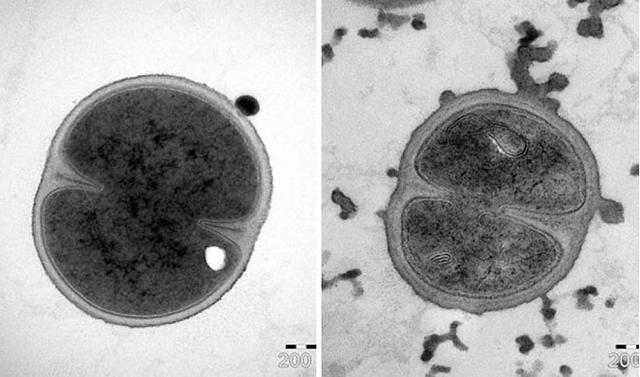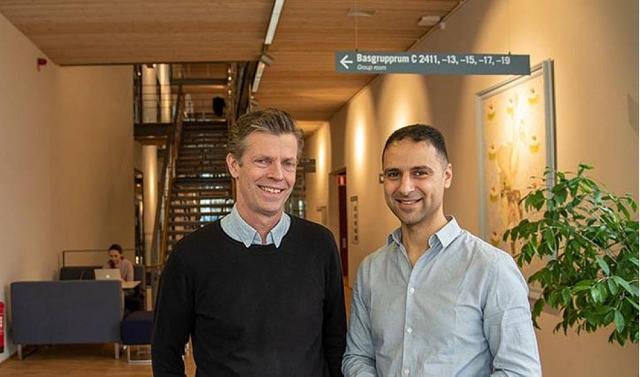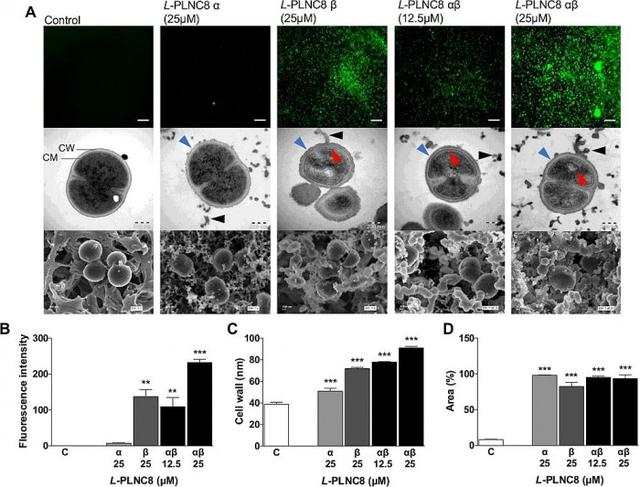January 29, 2021
Tag:
While the new coronaviruses are currently the focus of global concern, bacteria are similarly a big threat to humans.A new study has recently identified a polypeptide that allows pre-existing antibiotics to be reduced in dose, resulting in more effective effects.

Antibiotics represent one of the major breakthroughs in medicine in the 20th century, and despite its help to win us a war that is far from complete, with human weapons to fight bacteria left untouched.

However, development of novel antibiotics often requires significant funding and time, and bacteria may develop resistance in just a few years.A better solution to this aspect would be to further the role of pre-existing antibiotics, which, in past studies, could be weakened by the combination of multiple antibiotics, or by means of blue light or drilling through the bacterial outer membrane.
Researchers at the University of rebro and the University oflinking in Sweden discovered the antimicrobial peptide, plantaricin, derived from a probiotic that is commonly used as a preservative for foods such as pickles and sauerkraut.

The research team compared the relationship between phytoalexins and resistance to methicillin-resistant Staphylococcus aureus (MRSA).This superbug, commonly known as "" Staphylococcus aureus, "" is a common pest in hospitals that can cause wound or implant infections and turn it into a dangerous wound or implant.
Trials have found that phytoalexins can dissolve bacterial membranes, making it easier for drugs to enter and kill super fi cial bacteria.This allows new vigour to existing fatigue drugs and expand our arsenal to delay the development of superbugs.In addition, the required dose was also greatly reduced.
"" phytoacidines can increase the bactericidal action of existing antibiotics up to 100 fold, "" hazemkhalaf, one of the study's collaborators, said.The dose needed was also low.In conclusion, antimicrobials produce toxic side effects that damage the human internal organs.The investigators said they planned to incorporate phytoalexins in the coatings of smart wound dressings or implants to stop the formation of bacterial biofilms.
The study was published in nature reports.Resources: rebro University.
For any requests of Peptide for research purpose, welcome to contact us. www.gtpeptide.com , sales1@gotopbio.com.


Contact Us
Tel: (+86) 400 610 1188
WhatsApp/Telegram/Wechat: +86 13621645194
+86 15021993094
Follow Us:




 Pharma Sources Insight January 2025
Pharma Sources Insight January 2025


